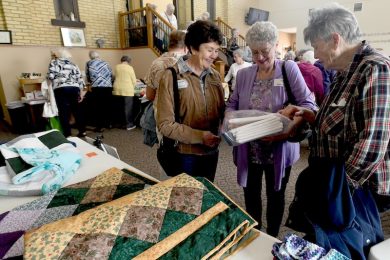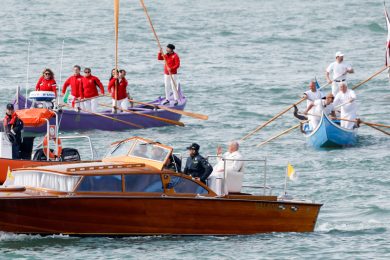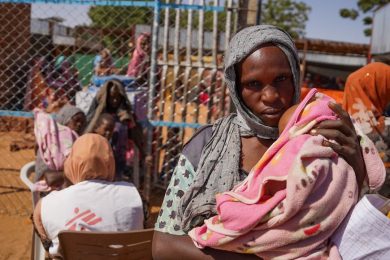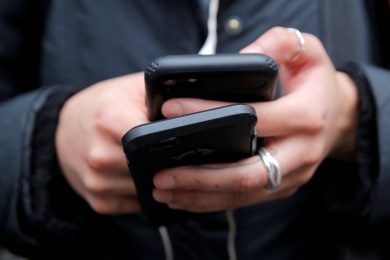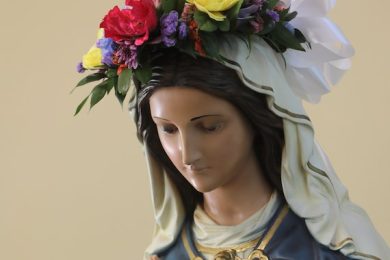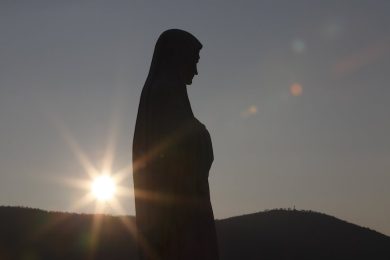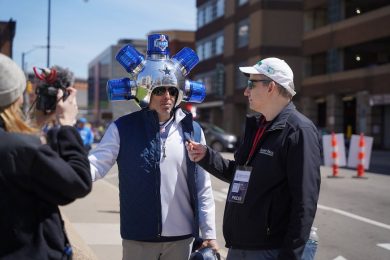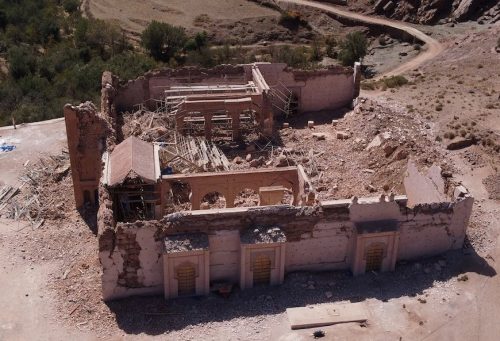By Junno Arocho Esteves | OSV News
The devastating earthquake that struck Morocco’s High Atlas Mountains not only showed the destructive power of nature but also the strength of the country’s men and women to unite to help their compatriots, a Caritas official said.
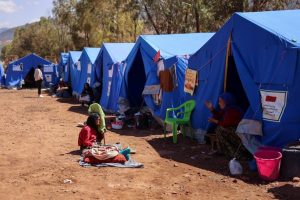
“What must be valued, noted and thanked is the solidarity of the Moroccan people with each other,” Father Óscar Arturo García Padilla, director of Caritas Rabat, told OSV News Sept. 12.
“There are normal families who have dedicated their day to empty out supermarkets here in Marrakech, where nothing could be found because people kept buying (supplies) to take to the people in the mountains,” he said, emphasizing a vast amount of people not affected by the earthquake are generously buying supplies for survivors.
The massive 6.8 magnitude earthquake that struck late at night Sept. 8 is one of the deadliest to strike the country in over half a century. As of Sept. 12, the death toll had risen to 2,901 while the number of injured rose to 5,530, the Reuters news agency reported.
Father García traveled to Marrakech Sept. 10 with Spanish Cardinal Cristóbal López Romero of Rabat, to survey the damaged areas and assess humanitarian needs and relief efforts.
“We went to a town called Amizmiz, which is located roughly 55 km (34 miles) southeast of Marrakech, and was greatly affected by the earthquake,” Father Garcia told OSV News.
The population of Amizmiz before the tragedy was 20,000. Now, 10% of the tourist town in the Atlas Mountains, perished. A woman named Hafida covered her face with her hands as she was mourning her brother, who died trying to protect his young son. His wife also perished. Only their young daughter survived. “I will now have a daughter. I will be a mother to my niece, because her whole family has died,” Hafida told Sky News.

The director of Caritas Rabat said that although the presence of international aid “was not noticed” in the first days after the earthquake, “what I noticed was the solidarity of the Moroccans among themselves in front of this moment of extreme necessity,” Father García said.
Several news outlets reported that Morocco accepted humanitarian and relief aid from Spain, the United Kingdom, Qatar and the United Arab Emirates, but had not responded to offers of assistance from other Western countries, including France, the United States, Italy, Germany and Poland.
Father García told OSV News that Morocco “is a sovereign country like any other” that can “decide for itself what is best.”
Nevertheless, he continued, the “government has not abandoned Moroccans. If this is said, then it is a lie because where we have gone, we have seen the presence of the government in some form; through hospitals, or tents, or even cleaning the streets that have been damaged by the earthquake.”
He also said that although he had seen an “international aid camp,” he did not know what country or countries were running the camp.
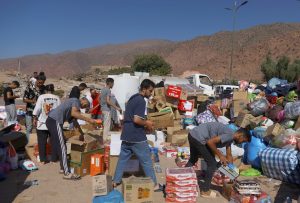
“It doesn’t matter really. What matters is that the international community is rallying together here in Morocco. Who is there? Well, perhaps each country wants to see its name posted on it, who knows? What I do know is that the Moroccan government is making an effort” to help, he said.
Father García said that despite seeing much suffering in the world as a priest, a Christian and a missionary, “you’re never quite ready to see what you see.”
“It always affects me emotionally to see people suffering, with that look of desperation, of what the future holds, with that feeling of helplessness. What can we do? Yesterday, we brought three trucks full of stuff, but what is that? They are scraps in comparison to what the people need,” he said.
These moments of trial and tribulation, however, also brought out the solidarity of “common and ordinary people who left their homes to go to the mountains to bring food, to bring clothes, to bring anything to these communities who need it so much at this time.”
“In this time, I see the power of compassion, of solidarity that comes from all over,” Father García said. “And from that, there is a hope that this movement of solidarity can generate life.”
– – –
Junno Arocho Esteves writes for OSV News from Rome.

